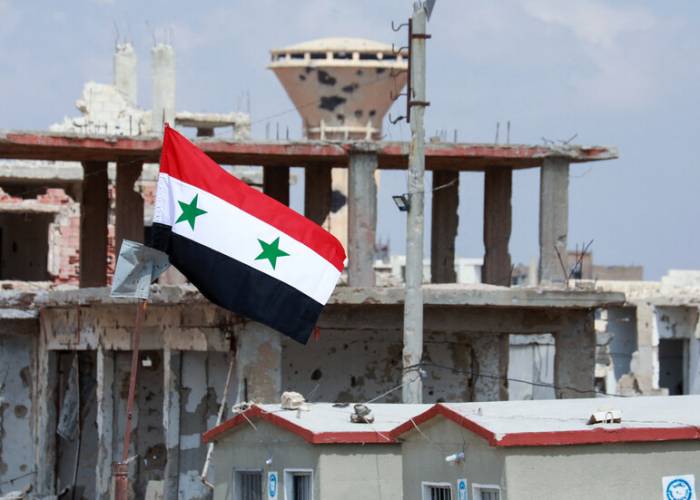The recent Astana 21 round, focusing on the Syrian crisis, faced significant challenges, partly due to inadequate preparation. This lack of groundwork contributed to its inability to produce substantial decisions or foster further constructive meetings. The Syrian situation remains largely unchanged as a result.
In the week leading up to Astana 21, Turkey’s ratification of Sweden’s NATO accession cast a shadow over Russian-Turkish relations. This development necessitated a pause for Russia to reassess its stance towards Turkey, particularly considering the potential impact on their shared interests in Syria. Simultaneously, a report by “Foreign Policy” and a corresponding piece in “Al-Monitor” discussed the U.S. deliberations over military presence in Syria. The consensus leaned towards withdrawal, influenced by the belief that the costs outweighed the benefits, particularly after the “Al-Aqsa Flood” operation.
These developments presented a mixed scenario. Turkey’s NATO move negatively affected the Ankara-Moscow axis, while the U.S. withdrawal consideration had a positive impact. Despite these fluctuations, the issued statement at the end of Astana 21 reflected a collective preference for continuing dialogue over halting it, even if it involves occasional setbacks.
After Killing of his Soldiers in Syria: Biden Between Response and Restraint
The Astana statement reaffirmed commitments to Syrian territorial unity, a Russian-Turkish-Syrian mechanism for civilian protection, the return of refugees under U.N. supervision, maintaining the Idlib ceasefire, and opposing separatist plans in Syria. However, these reiterated positions, consistent with previous rounds, highlight a stagnation in addressing the various complex issues in Syria.
The lingering question is why, despite agreement on these fundamental issues, there’s little progress in resolving the Syrian crisis. The possibility of entering more dangerous phases looms large, given the maturity of current developments.
One potential answer lies in the obstacles hindering Syrian-Turkish reconciliation, which act as a critical puzzle piece in resolving the crisis. The 21st round hinted at progress in this area, with talks of a potential four-way summit (Russia, Syria, Turkey, Iran) in Moscow. Such a summit could be pivotal in addressing key issues, though it wouldn’t immediately resolve all disputes. It represents a step towards rebuilding trust and clarifying final settlement goals among the involved parties.
Reflecting on the past, Turkish Foreign Minister Ahmet Davutoğlu’s visit to Damascus in August 2011 was a turning point, disrupting the precarious balance that had been maintained. The incident underlined Ankara’s broader ambitions, extending beyond regime change. As the situation unfolds, restoring lost trust and clear communication remain crucial for any substantive progress.
This article was translated and edited by The Syrian Observer. The Syrian Observer has not verified the content of this story. Responsibility for the information and views set out in this article lies entirely with the author.


